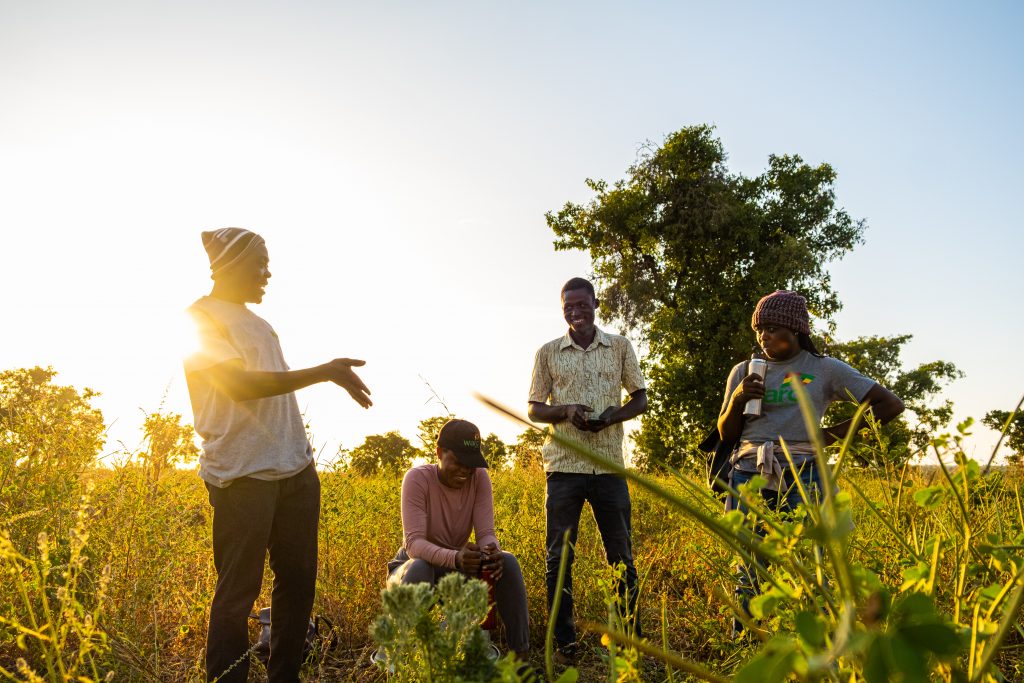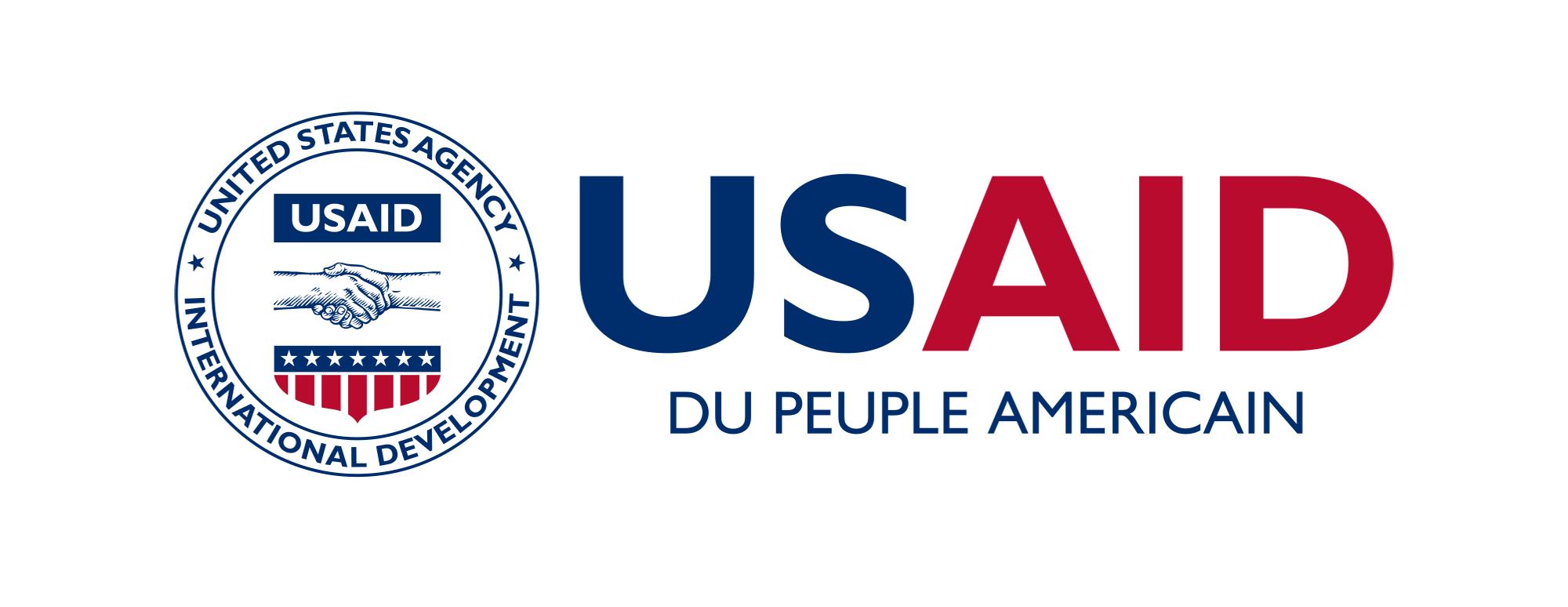Le Défi
Although Ghana has achieved a remarkable level of poverty reduction and economic growth, that growth has been unequal, with most of the country’s poor concentrated in rural areas. The Upper West Region has made the least progress in poverty reduction due to its geography and ecological characteristics. The Region is challenged by poor soils, low productivity, unpredictable rainy seasons, and a greater potential for drought. Farmers depend on subsistence agriculture with little produce leftover for sale.
La Subvention
The USAID-funded West Africa Trade & Investment Hub (Trade Hub) awarded a $1.2 million co-investment grant to Warc Group, a social enterprise that works to improve West African farmers’ incomes. The grant enabled Warc to launch a project called “The New African Farmer: Regenerative Agriculture in Ghana,” aimed at moving 20,000 maize and soybean farmers from subsistence to commercial farming by increasing their yields through greater access to quality seeds, modern machinery, crop-yield monitoring, and hands-on training in climate-smart agricultural practices.

L’Impact
Through the Trade Hub project, Warc is modernizing agricultural systems in Ghana’s Upper West Region through mechanization and successfully helping farmers transition from subsistence to selling, thus breaking the vicious cycle of poverty many of them face.
To date, WARC has successfully engaged 76 communities in the Upper West Region, reaching more than 9,600 farmers with their services. Warc’s mechanization services and climate-smart practices have been deployed on 3,845 hectares of farmland, leading to more than $5.3 million in maize and soybean sales over the period of the project. Warc has created 115 new jobs, employing women from the communities to manage Trading Hubs where they sell seeds, crop care products, and mechanization services before and during the planting season. The Trading Hubs also purchase harvested maize and soya, providing each of the women with an additional $100 a month in income.
Leveraging their Trade Hub partnership, Warc secured partnerships with three U.S.-based multinationals (Corteva, John Deere, and Valmont) and two U.S. universities (University of Illinois and Texas A&M). The partnership also strengthened relationships with investors, foundations, and venture capital funds. This placed Warc in a consortium of partners all committed to the mission of opening markets while strengthening rural development. The Trade Hub’s participation helped reduce the project’s risk and secure these partnerships and investments, which would have otherwise taken significantly longer to materialize.

